The Future of Learning: How AI is Creating Personalized Education Experiences
The Future is Now: How AI is Revolutionizing Personalized Education The education landscape is undergoing a seismic shift, driven by advancements in artificial intelligence. Forget the one-size-fits-all approach; the future of learning is deeply personal, tailored to each student’s unique needs, pace, and learning style. At the heart of this transformation lies AI for personalized education experiences, a powerful force poised to reshape how we teach and learn. This isn't just about using technology; it’s about leveraging AI to create truly engaging, effective, and equitable learning environments. From intelligent tutoring systems to automated assessment, the potential is immense. Let's delve into how AI is driving this revolution, exploring the key benefits, challenges, and trends shaping the future of education. What Exactly is AI-Powered Personalized Education? Personalized education has long been a goal, but the resources and scalability were often limitations. AI changes that. It uses data analysis, machine learning, and natural language processing to adapt to individual student needs in real-time. This goes beyond simple customization; it's about creating dynamic learning pathways that adjust based on student performance, engagement, and even emotional state. Think of it as having a tireless, highly skilled tutor dedicated to each student. Adaptive Learning: The Engine of Personalization The foundation of AI for personalized education experiences is often adaptive learning. Adaptive learning platforms analyze student responses to identify knowledge gaps and strengths. Based on this analysis, the system automatically adjusts the difficulty level, the content presented, and the learning activities offered. This ensures students are challenged appropriately, avoiding both boredom and frustration. One prime example can be seen in platforms like Knewton and McGraw Hill’s ALEKS, which offer personalized learning paths in math and science, respectively. The rise of adaptive learning is empowering students to take ownership of their learning journey. Beyond Customization: AI’s Impact on the Learning Process AI’s influence stretches far beyond simply tailoring content. Here are some key areas where it’s making a significant difference: Intelligent Tutoring Systems: AI-powered tutors provide individualized support, offering explanations, feedback, and practice problems tailored to each student's needs. These systems are available 24/7, making it easier for students to get help when they need it. Automated Assessment: AI can automate grading, freeing up teachers' time to focus on instruction and student interaction. It can also provide more detailed and nuanced feedback than traditional grading methods. Content Creation & Curation: AI algorithms can curate relevant learning materials from a vast pool of resources and even generate new content customized to specific learning objectives. Early Intervention: AI can identify students who are struggling early on, allowing educators to provide targeted support and prevent them from falling behind. Tools that analyze student engagement metrics can signal potential difficulties. Personalized Feedback: AI tools can provide instant, personalized feedback on student work, helping them to understand their mistakes and improve their performance. Navigating the Challenges & Ethical Considerations While the potential of AI for personalized education experiences is undeniable, several challenges need to be addressed. Data Privacy: Collecting and using student data raises important privacy concerns. Robust data security measures and transparent data policies are essential. Compliance with regulations like GDPR and FERPA is paramount. Algorithmic Bias: AI algorithms are trained on data, and if that data reflects existing biases, the algorithms will perpetuate those biases. Care must be taken to ensure that AI systems are fair and equitable for all students. Digital Divide: Access to technology and reliable internet connectivity remains a barrier for many students. Addressing the digital divide is crucial to ensure that all students can benefit from AI-powered education. Teacher Training: Educators need training and support to effectively integrate AI tools into their teaching practices. The Future is Collaborative: AI Agents & Automation in Education The future of education extends beyond adaptive learning to include more sophisticated applications of AI . We’re seeing the emergence of AI agents that can assist students with research, brainstorming, and even writing. Think of these as virtual learning companions that provide personalized support throughout the learning process. Furthermore, automation is streamlining administrative tasks, freeing up teachers to focus on what they do best: teaching and mentoring. Payroll, scheduling, and curriculum management are all ripe for automation, leading to greater efficiency and improved resource allocation. Investment Opportunities: The EdTech Boom & Beyond The growth of AI in education is fueling a booming EdTech market. Here's a snapshot of potential investment areas (note: this is not financial advice): Investment Area Description Potential Growth Risk Level AI-Powered Tutoring Platforms Companies developing intelligent tutoring systems for various subjects. High Medium Adaptive Learning Software Companies offering adaptive learning platforms and tools for K-12 and higher education. High Medium Educational Data Analytics Companies providing data analytics services to schools and educational institutions. Medium Low AI-Driven Content Creation Tools Tools that automate the creation of personalized learning content. Medium Medium EdTech Infrastructure Companies providing the infrastructure (cloud computing, data storage, etc.) to support AI in education. High Medium Disclaimer: Investment risks are inherent in all investment activities. Consult with a financial advisor before making any investment decisions. Embrace the Change: Preparing for an AI-Powered Future AI for personalized education experiences isn't a futuristic fantasy – it's happening now. By understanding the capabilities and challenges of AI, educators, policymakers, and students can work together to create a more effective, equitable, and engaging learning system for all. The integration of these technologies will fundamentally transform how knowledge is imparted and acquired. Ready to dive deeper? Share your thoughts on the future of education in the comments below! And be sure to explore resources like the adaptive learning platform at EdSurge for the latest insights.
Share this content:
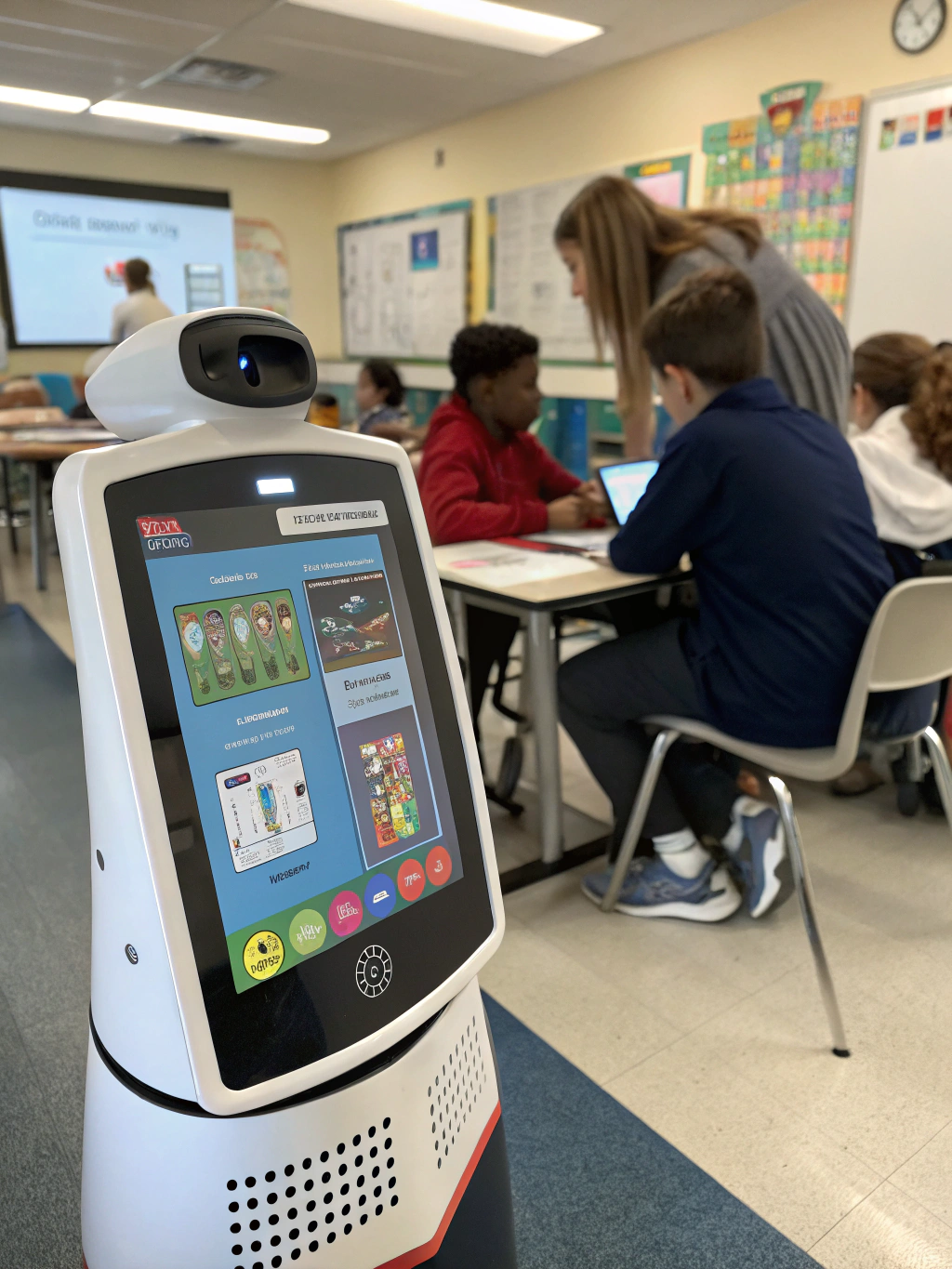
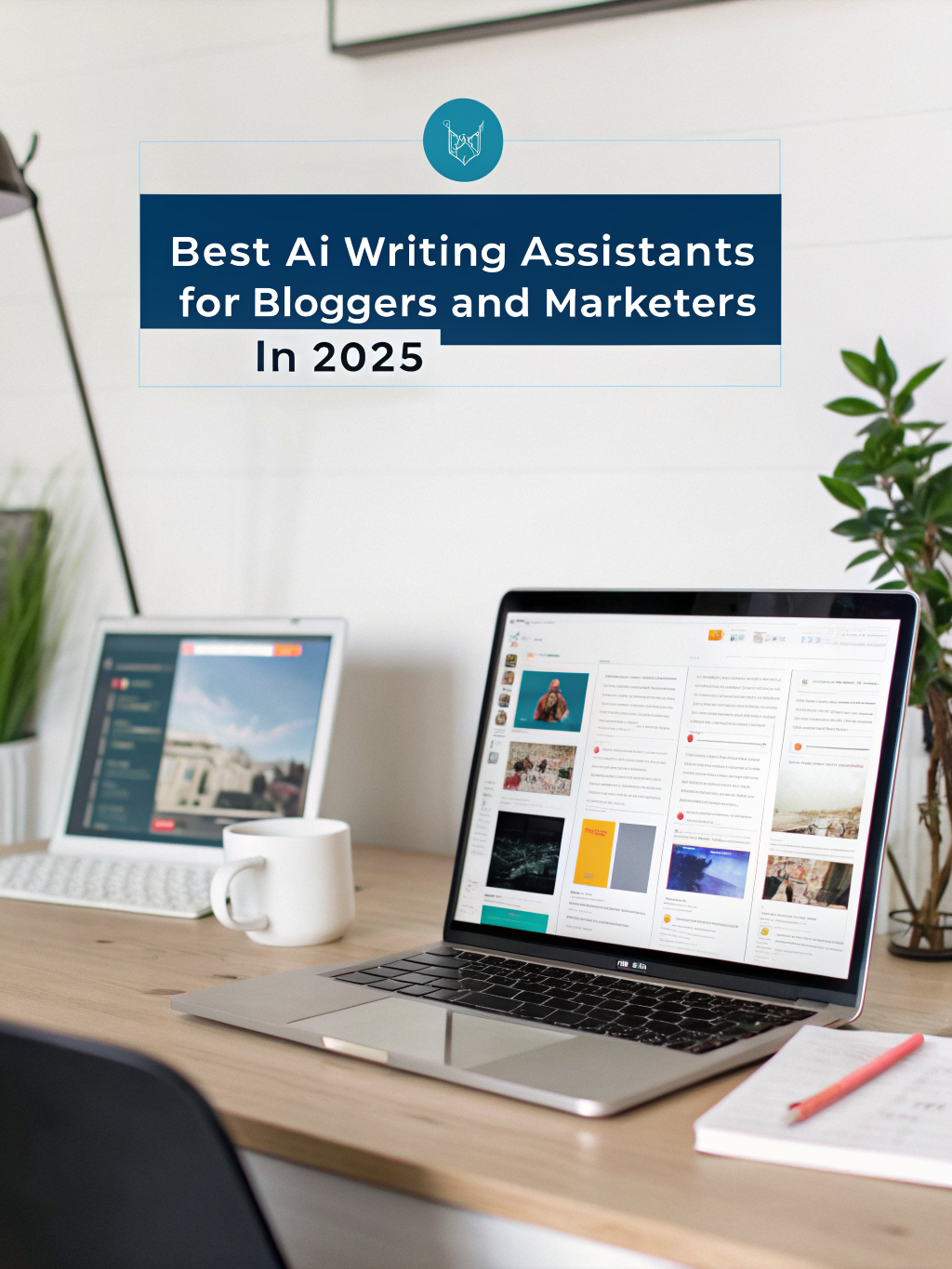
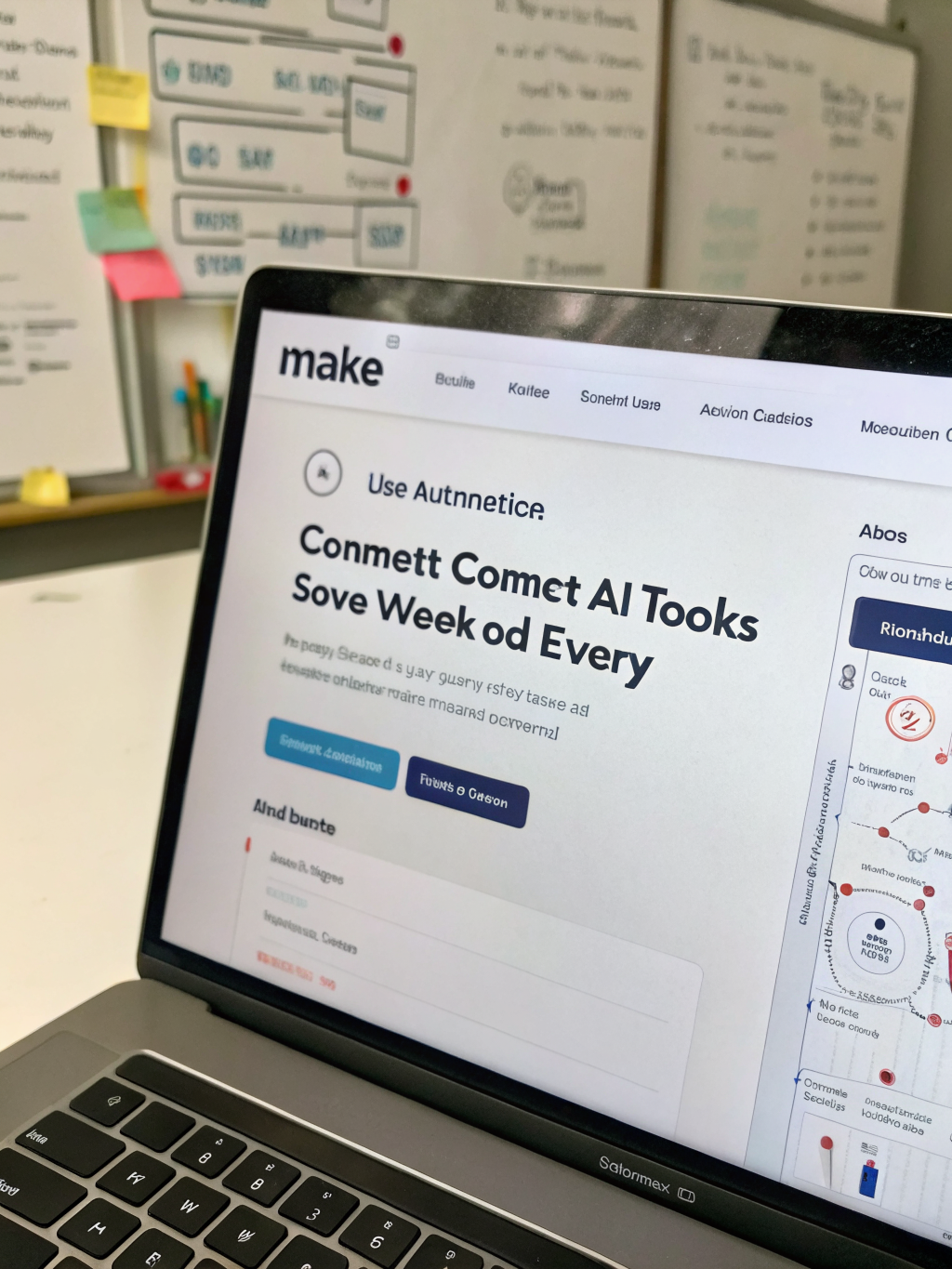
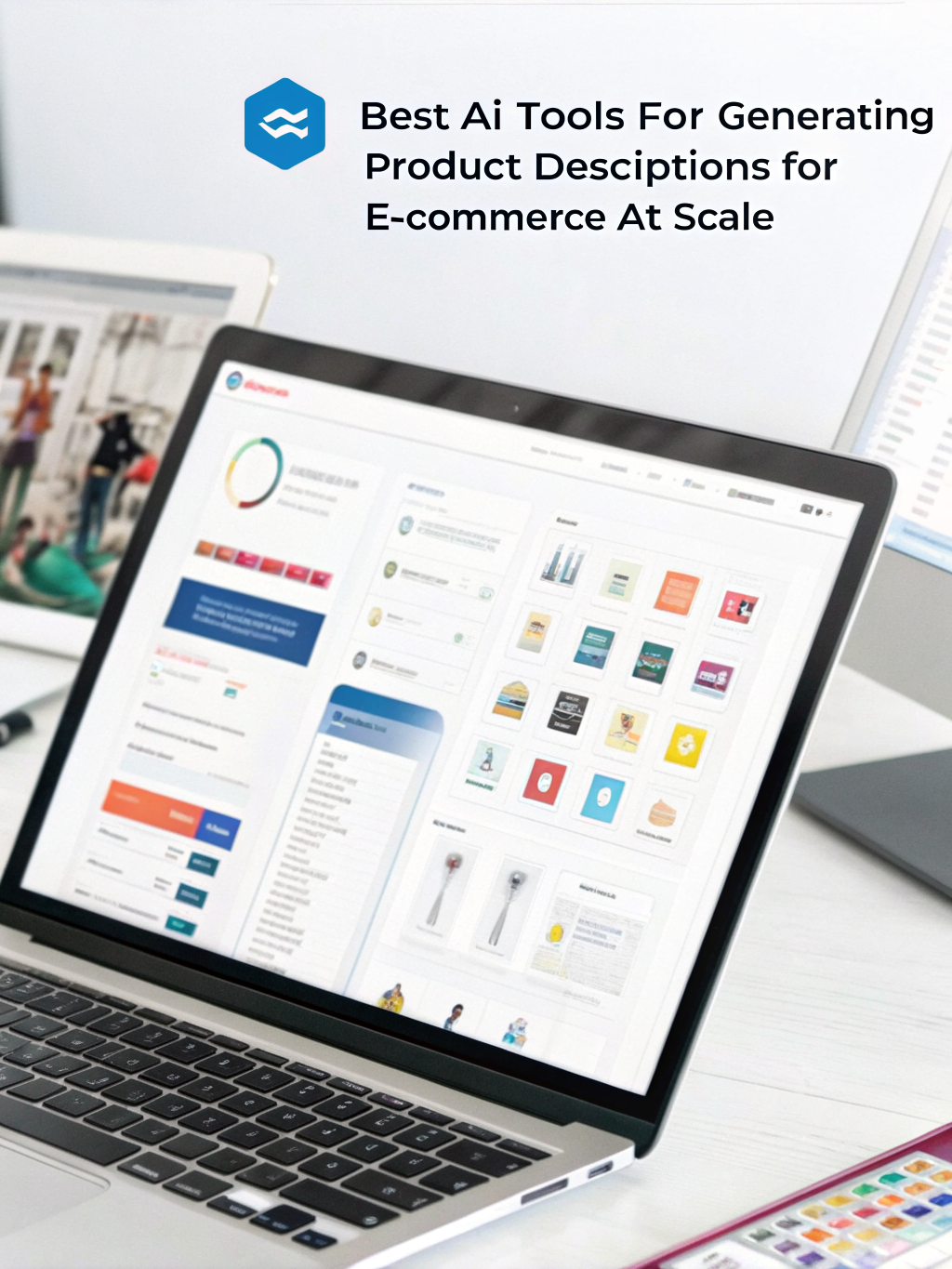
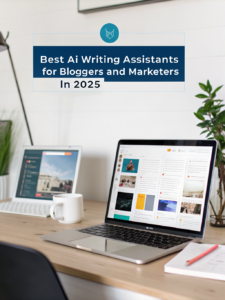
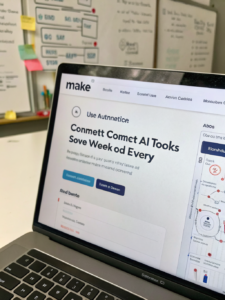
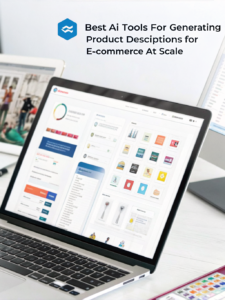
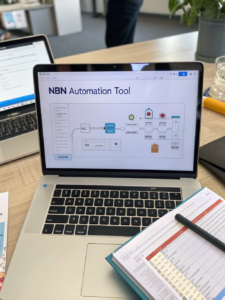
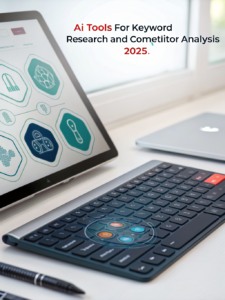
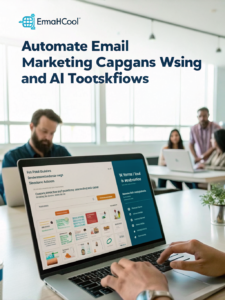
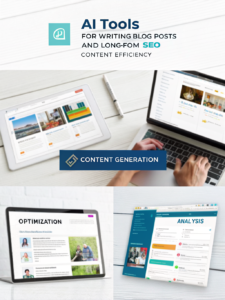

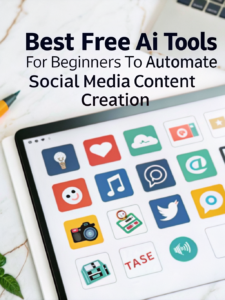
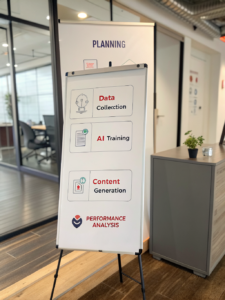
Post Comment